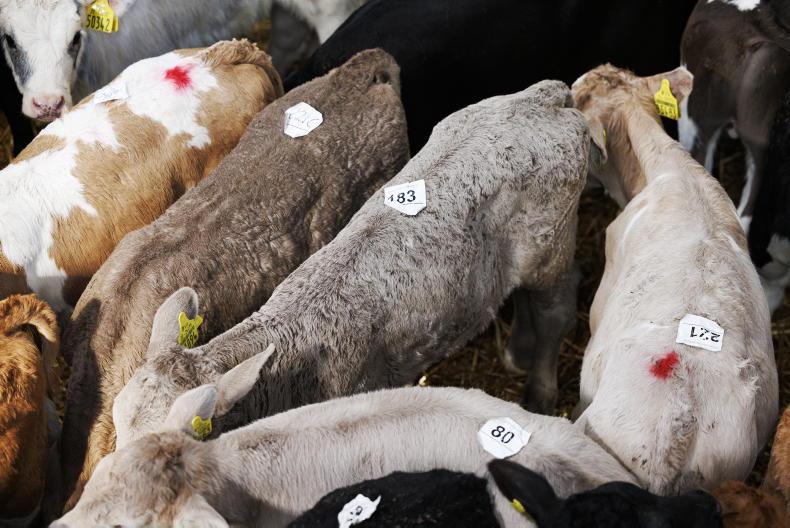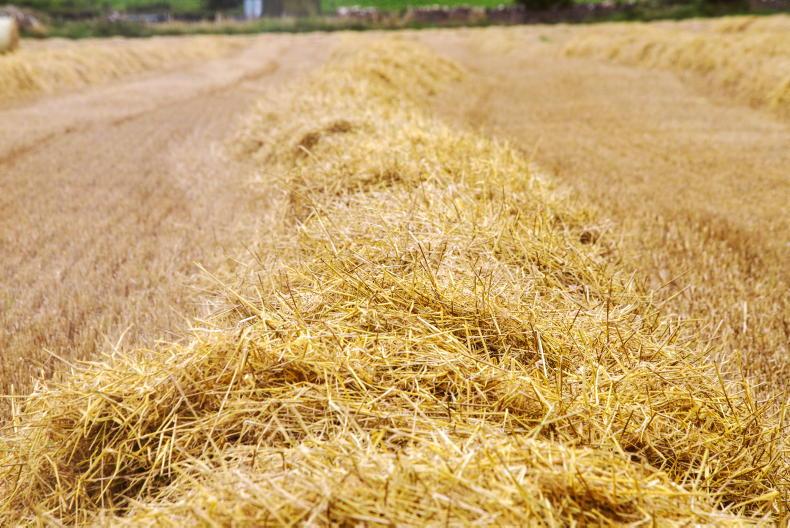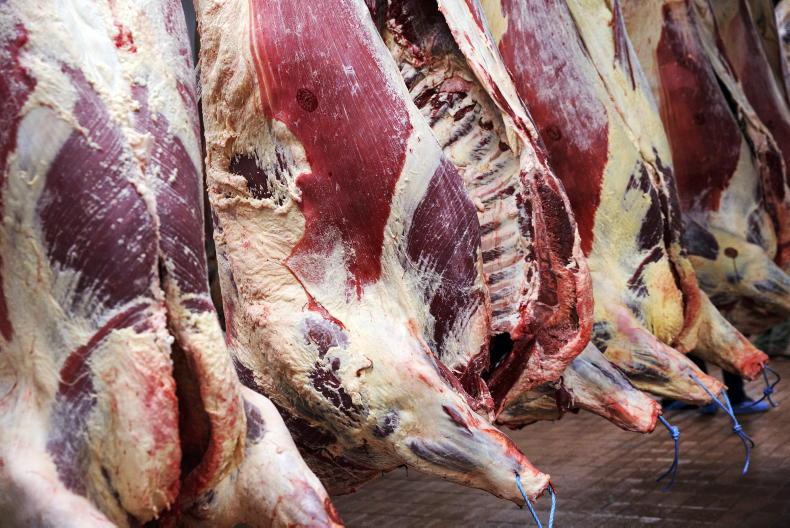The EU Parliament’s agriculture committee voted this week to accept proposals on unfair trading practices (UTPs) legislation which was introduced by Agriculture Commissioner Phil Hogan following a task force report which highlighted the disproportionate share of power that was held in the food chain after the farm gate.
The report was approved by the Agriculture Committee on a 38-4 vote, with Irish MEP Mairead McGuinness voting in favour of the proposals while Matt Carty voted against.
What legislation includes
The legislation proposes to create a blacklist of UTPs to include banning late payment (over 30 days) for perishable produce and 60 days for non-perishable.
Cancellation of orders with less than 60 days' notice would also be banned under the proposals and the practice of not giving suppliers a written contract would also be banned. Buyers would also be precluded from misusing confidential information relating to the supply contract, and below cost selling with the supplier making up the difference would also be banned under the UTP proposals.
Different positions by Irish MEPs
Irish MEPs Mairead Mc Guinness and Matt Carty, both members of the Agriculture Committee, took opposite views on the merits of the legislation.
Mairead Mc Guiness, who has been calling for UTP legislation for over a decade, said: “This is a step towards a more sustainable food supply chain – allowing farmers to address their concerns about how they are being treated to an authority which must act and investigate. We need a more sustainable food supply chain and UTPs work against this.”
The EU trade association that represents retailers opposed any legislation.
However, Matt Carty voted against the proposals because he said they “lack the ambition required by farmers”.
He described the report that was approved by the committee as “substandard” and that “many farmers will see no benefit from the report as approved by the committee".
Comment
Looking at the report that will go before the full EU Parliament, there is little reference to farmers and therefore it is easy to see why farmers will be disappointed that it doesn't go further.
However, the reality is that it has taken over a decade to take these first meaningful steps.
Three Commissioners have previously tried to bring forward legislation to address the issue and failed to get the support necessary.
Many national governments already have procedures and polices in place to address the issue and securing the support necessary to get even the most basic legislation passed required considerable compromise.
Ultimately, those in favour of accepting what is on the table for UTP legislation will say that a half loaf beats not having any bread, and this is a starting point that can be built on after a decade of trying.
The other view is that the legislation is diluted to the point of not being of any use so therefore it would be better to have no legislation at all.









SHARING OPTIONS